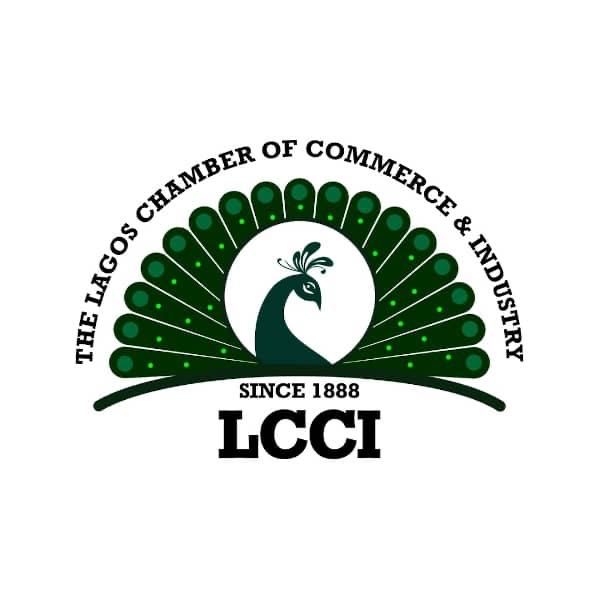The Lagos Chamber of Commerce and Industry (LCCI) has commended Nigeria’s impressive economic performance in the second quarter of 2024, as the country’s Gross Domestic Product (GDP) recorded a 3.19% year-on-year growth in real terms. This robust growth surpasses the 2.51% recorded in the same period in 2023 and the 2.98% in the first quarter of 2024, showcasing the economy’s resilience in the face of both global and domestic challenges.

The growth was largely driven by the Services sector, which posted a remarkable 3.79% increase and contributed a significant 58.76% to the overall GDP. The industry sector also showed a notable turnaround, achieving a 3.53% growth, a significant recovery from the -1.94% contraction experienced in Q2 2023. Although still expanding, the agriculture sector exhibited modest growth at 1.41%, slightly down from the 1.50% recorded in the previous year.
In the oil sector, a critical component of Nigeria’s economy, there was a substantial 10.15% growth in real terms, a stark contrast to the -13.43% contraction seen in Q2 2023. However, the sector’s performance dipped by -10.51% quarter-on-quarter, reflecting the ongoing volatility in global oil markets and domestic production challenges. Meanwhile, the non-oil sector, which forms the bulk of Nigeria’s GDP, grew by 2.80%, driven by robust performances in Financial and Insurance Services, Information and Communication, Agriculture, Trade, and Manufacturing.
Despite the overall commendable GDP growth, the LCCI has urged the government to remain proactive in addressing several key areas to sustain and enhance economic growth for the remainder of 2024.
The industrial sector’s return to growth is seen as encouraging, but LCCI emphasized the need for sustained interventions. The chamber particularly noted the progress in the power sector, citing the increase in electricity meters provided to consumers, which rose by 3.3% month-on-month to 6.1 million in July 2024 from 5.9 million in June. However, the 13.1 million unmetered users as of July highlights the need for further efforts in this sector.
Agriculture, with its modest growth, remains another focus area. The LCCI stressed the importance of continuing interventions such as import waivers for agricultural inputs and improving security around crop production sites. Enhancing rural infrastructure to reduce post-harvest losses and improve market access is also deemed critical.
The oil sector’s year-on-year growth, while impressive, has been marred by a quarter-on-quarter decline, underscoring its vulnerability. The LCCI pointed out the need for better regulatory management to address issues like divestments, crude supply to local refineries, resurfacing oil theft, and pipeline vandalism. The chamber also advocated for the implementation of the Petroleum Industry Act (PIA) to provide a robust legal framework for the oil and gas sector.
Trade, another key sector, recorded a year-on-year growth of 0.7% in Q2 2024, compared to the 1.2% growth in the preceding quarter. The LCCI highlighted the potential positive impact of the Naira’s depreciation on export growth and urged for more investment in port infrastructure to further boost exports.
Lastly, the Services sector, particularly Information and Communication and Financial Services, continues to be the backbone of Nigeria’s GDP. The LCCI called for continued support for digital transformation, financial inclusion, and fintech innovations, alongside stronger regulatory frameworks to promote fair competition and consumer protection.
The LCCI acknowledged the government’s efforts to steer the economy toward growth amidst global uncertainties but emphasized that a sustained focus on the highlighted areas would be crucial in stabilizing the economy for continued growth and development.















